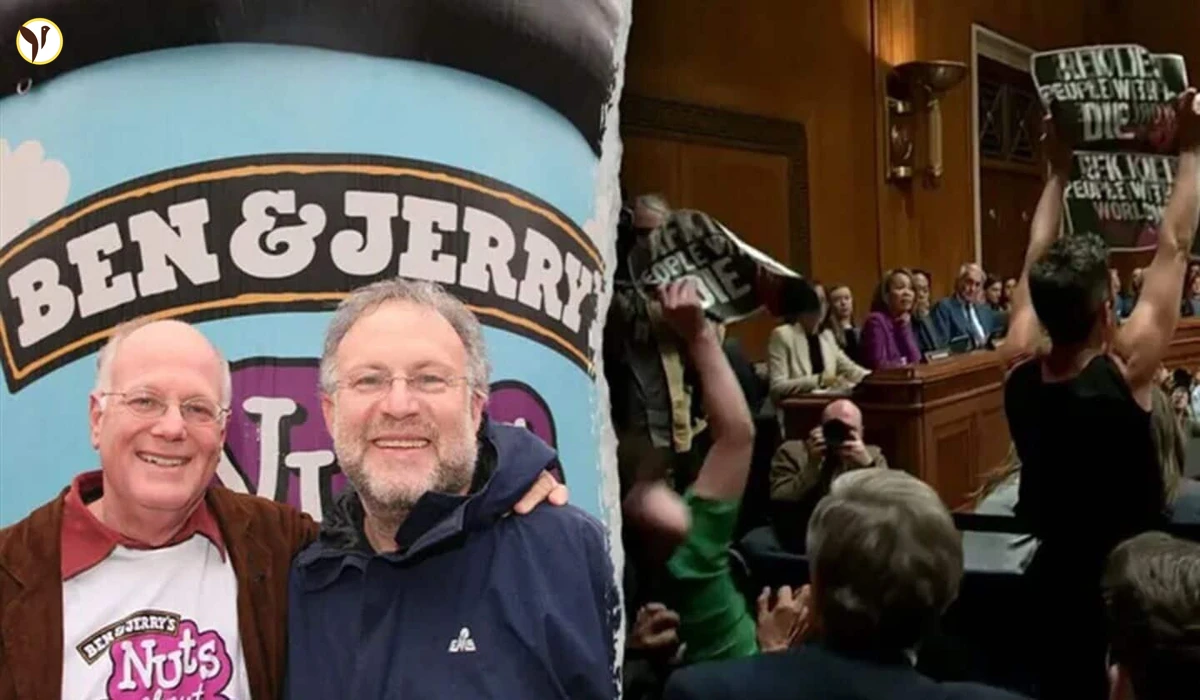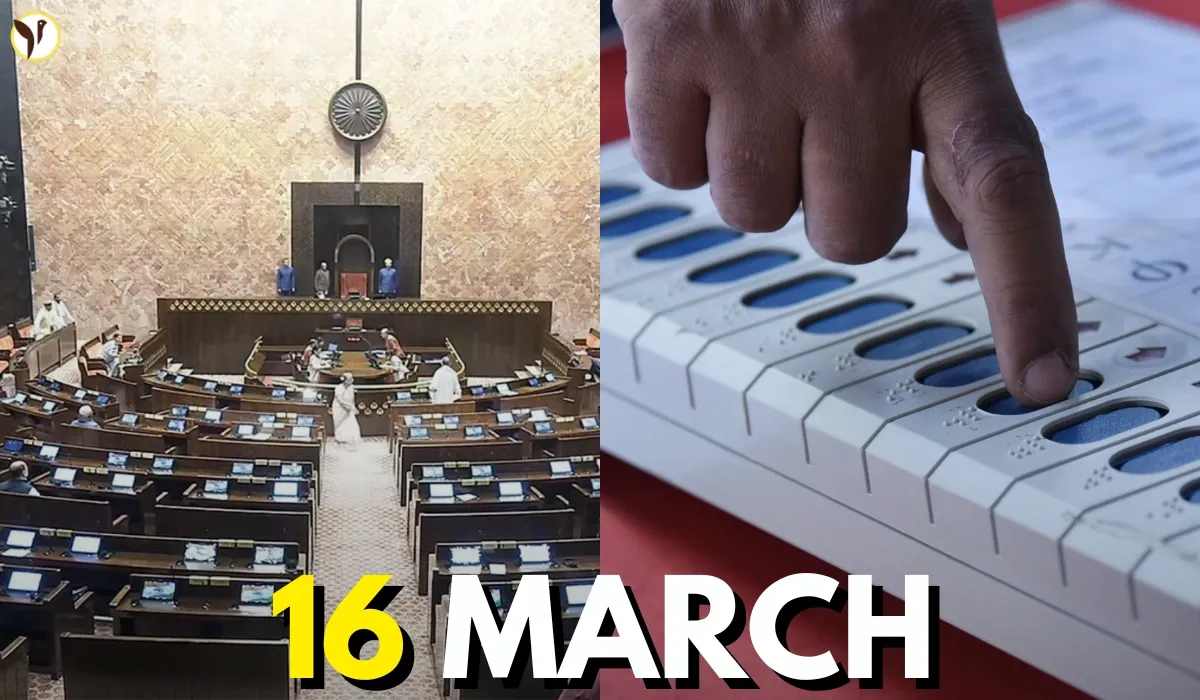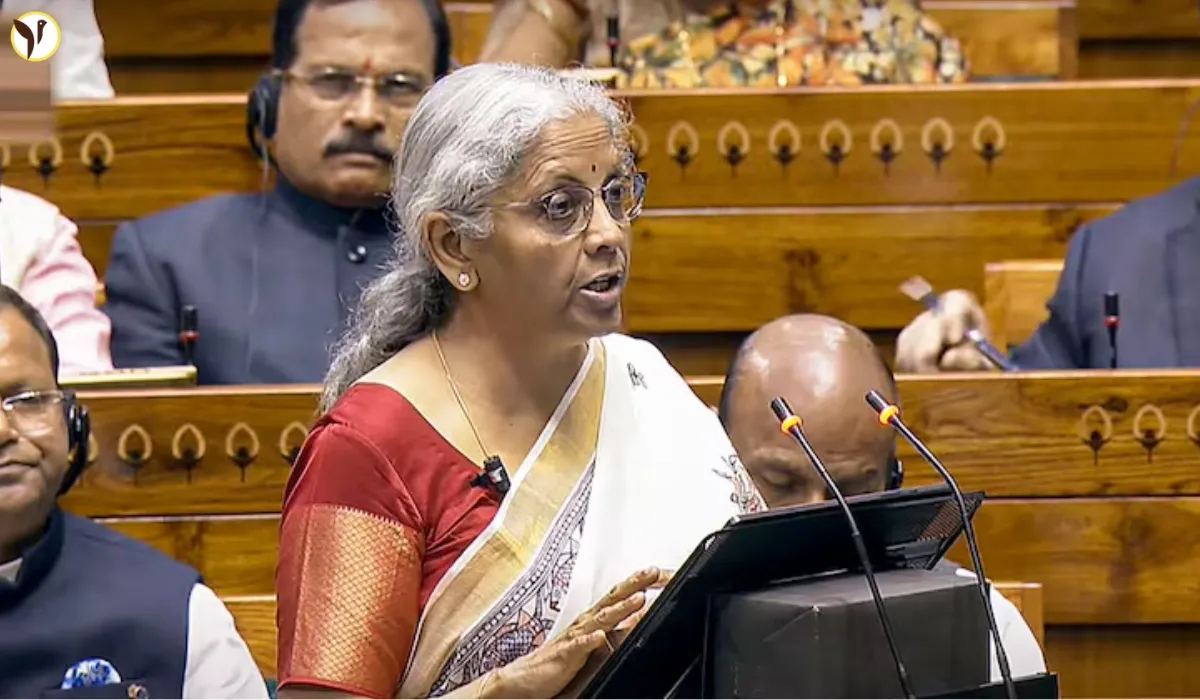Ben Cohen's Capitol Hill Protest: A Shout for Gaza
Ben Cohen, the co-founder of the iconic ice cream company Ben & Jerry's, isn't known for staying silent. A lifelong activist, he recently made headlines – and a trip to the clink – for a dramatic protest on Capitol Hill. His target? U.S. Secretary of Health and Human Services, Robert F. Kennedy Jr., and the U.S. government's role in the ongoing humanitarian crisis in Gaza.
The Arrest and the Accusation
During a Senate hearing where Kennedy Jr. was presenting his department's budget proposal, Cohen and several other protesters disrupted proceedings. Cohen's voice, powerful and clear, cut through the formal atmosphere. "Congress sends bombs that kill children in Gaza and pays for it by cutting Medicaid!" he shouted, referring to the cuts to the U.S. health insurance program for low-income families. Capitol Police swiftly intervened, handcuffing Cohen and removing him from the hearing.
- The Charges: Cohen was arrested and charged with "crowding, obstructing, or incommoding," a common charge for disruptive protests in the Capitol.
- The Message: Cohen's protest wasn't just about the immediate situation in Gaza. He was highlighting the hypocrisy of the U.S. government spending billions on military aid to Israel while simultaneously cutting vital social programs at home.
After his release, Cohen gave interviews, further clarifying his actions. He stated that the US government's approval of "$20 billion worth of bombs" for Israel, while simultaneously cutting domestic programs like Medicaid, was "scandalizing." He argued that this approach shows a complete disregard for human life, both in Gaza and within the United States itself.
A Growing Discontent
Cohen's actions reflect a shift in public opinion within the U.S. regarding the Israeli-Palestinian conflict. Recent polls show decreasing support for Israel, especially among Democrats. Cohen directly addressed this sentiment, stating, "The majority of Americans hate what's going on, what our country is doing with our money and in our name."
- The Humanitarian Crisis: The situation in Gaza is dire. Months of blockade have created a severe food crisis, with a significant percentage of the population facing famine. The UN has warned of a full-blown humanitarian catastrophe.
- The Casualties of War: The death toll in Gaza, largely comprised of Palestinian civilians, including women and children, is staggering. These numbers alone underscore the urgency behind Cohen’s actions.
Cohen, a long-time critic of Israeli policies, frames the situation not just as a political issue but a moral and spiritual one. He uses a powerful analogy: "You go to a three-year-old who goes around hitting people and you say 'Use your words.' There's issues between countries, but you can work them out without killing."
Beyond the Protest: A Larger Conversation
Cohen's arrest is a dramatic illustration of the deep-seated frustrations many Americans feel concerning U.S. foreign policy and its impact on both global and domestic issues. His protest sparks a crucial conversation about the allocation of resources, the moral responsibility of a superpower, and the urgent need to address the humanitarian crisis unfolding in Gaza. While his methods were extreme, his underlying message—a plea for peace, compassion, and a reassessment of priorities—resonates with a growing number of people.
Conclusion
Ben Cohen's arrest is more than just a news story; it's a powerful symbol of the growing dissent against the US government’s handling of the situation in Gaza. His actions, however controversial, highlight a critical debate about the role of the United States in the ongoing conflict and the urgent need for a humane and just resolution. The question remains: will his bold protest be a catalyst for change?









